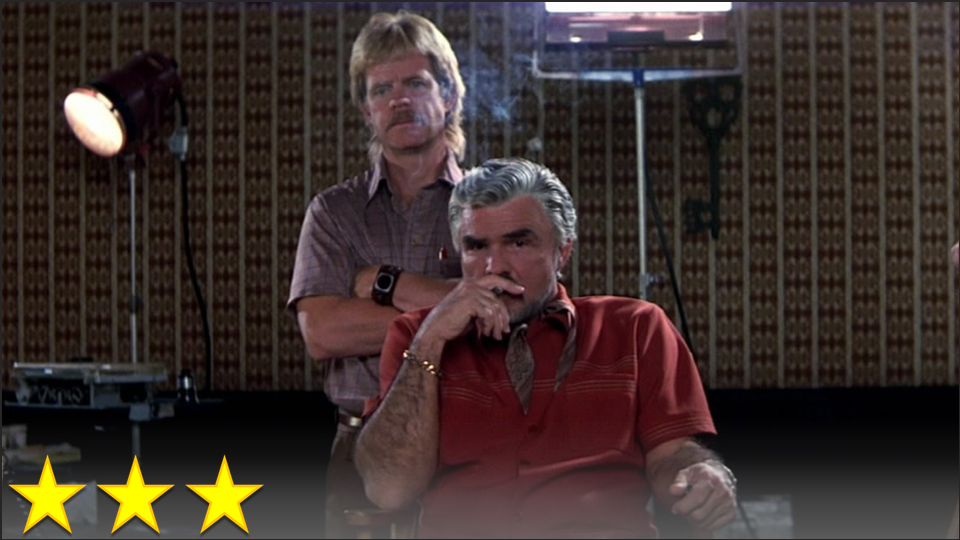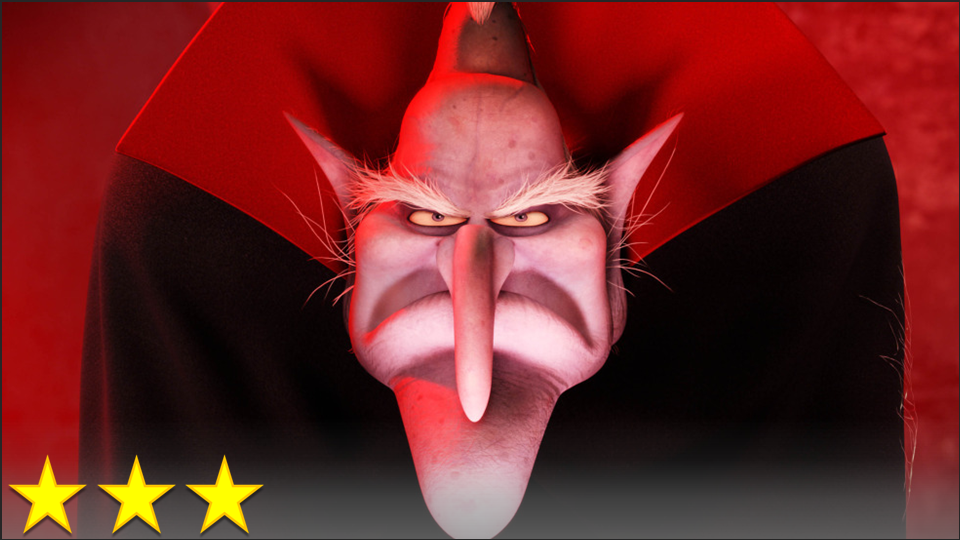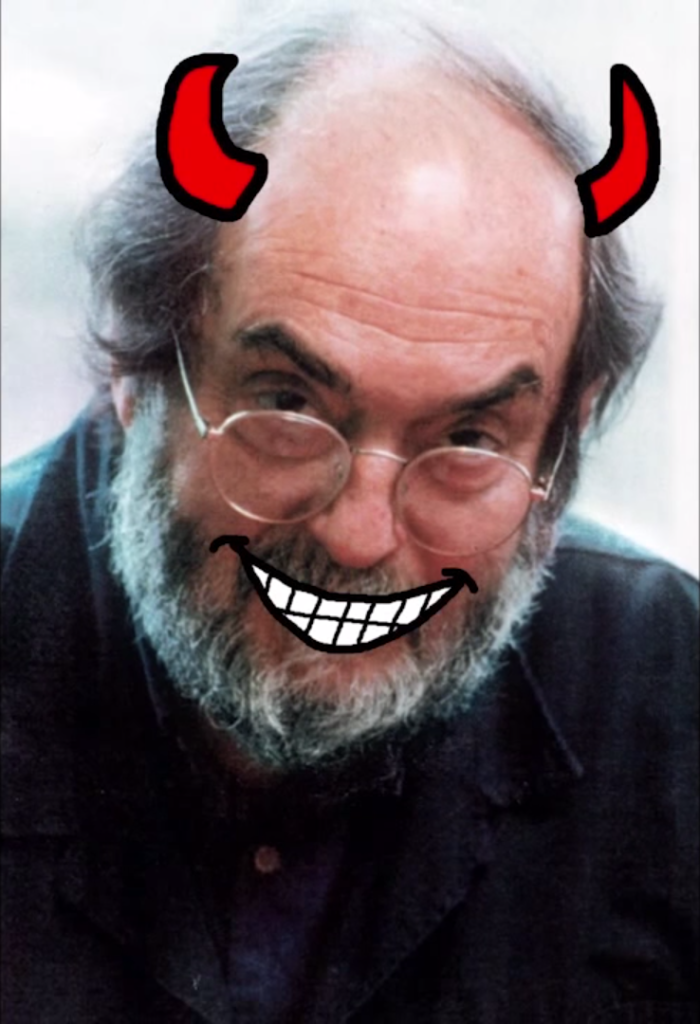Interesting is an interesting word.
Paul Thomas Anderson’s 1997 hit film Boogie Nights was terribly difficult for me to watch to the finish. I watched the film in pieces over a period of about two weeks, which is the longest I’ve ever dragged out any of my cinematic experiences without watching another movie before finishing. Now, this is in part because I’ve been absurdly busy lately, and I’ve had no time to watch movies, but it’s partly because the film is not very interesting. I had to make it through to the end of the film, however, because it’s very interesting. This is why the word interesting is so tricky.
Boogie Nights has a story structure that’s not very JD-friendly. The fact that the last portion of the film (which would ordinarily be used for a very important climax) was actually entitled, “Long Way Down (One Last Thing)” reveals that the scenes shown to us are not scenes that are necessary for a plot, but are instead whatever portions of the lives of these characters the director feels like depicting. This gives the film a serious case of “And-Then” Syndrome, an issue that’s chastised by writers of several different productions (ranging from PIXAR to South Park) for being the guaranteed way to generate apathy. For me, this is the kind of movie that leaves me with a blank expression on my face asking, “so… what’s your point?” There’s not much to gain from a film that gives off vibes of “just being there,” and I find it dreadfully tedious.
On the other hand, I do find the characters quite interesting, and characters are nearly half of the essence of a story. I did want to know if Dirk was going to be a success, and if Amber was going to get to see her kid, and if Jack was going to find a way to stay afloat in the midst of new trends in the industry. That being said, I wasn’t exactly on the edge of my seat waiting for the big reveal, because I knew there was no big reveal. There was no moral of the story, no global implications, and no point – everything is presented matter-of-factly for anyone who’s curious about the field. This, I think, it was it comes down to: the film is not interesting in the sense of keeping the audience invested and on the edge of their seats, but rather, its unique qualities persist to arouse curiosity, which is the kind of interesting at which this picture excels.
So, while it may not be my kind of film, I do think that, for the kind of film it is, it is done very impressively. The cast is outstanding, and it is because of the cast that the characters keep us curious. The soundtrack is one of the best that any movie has ever had, and the ’70s are captured brilliantly. Even though the story does not appeal to me, and I probably wouldn’t recommend it to hardly anyone I know, I have to respect it for being so well done. Also, Burt Reynolds’ character in this movie is just too darn likable.






